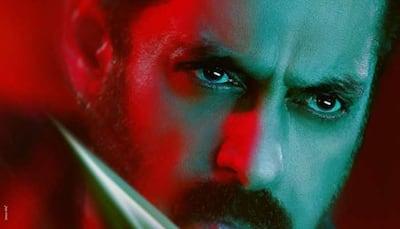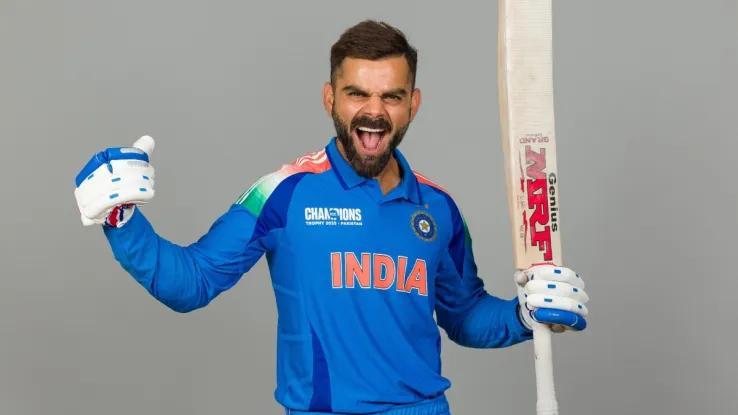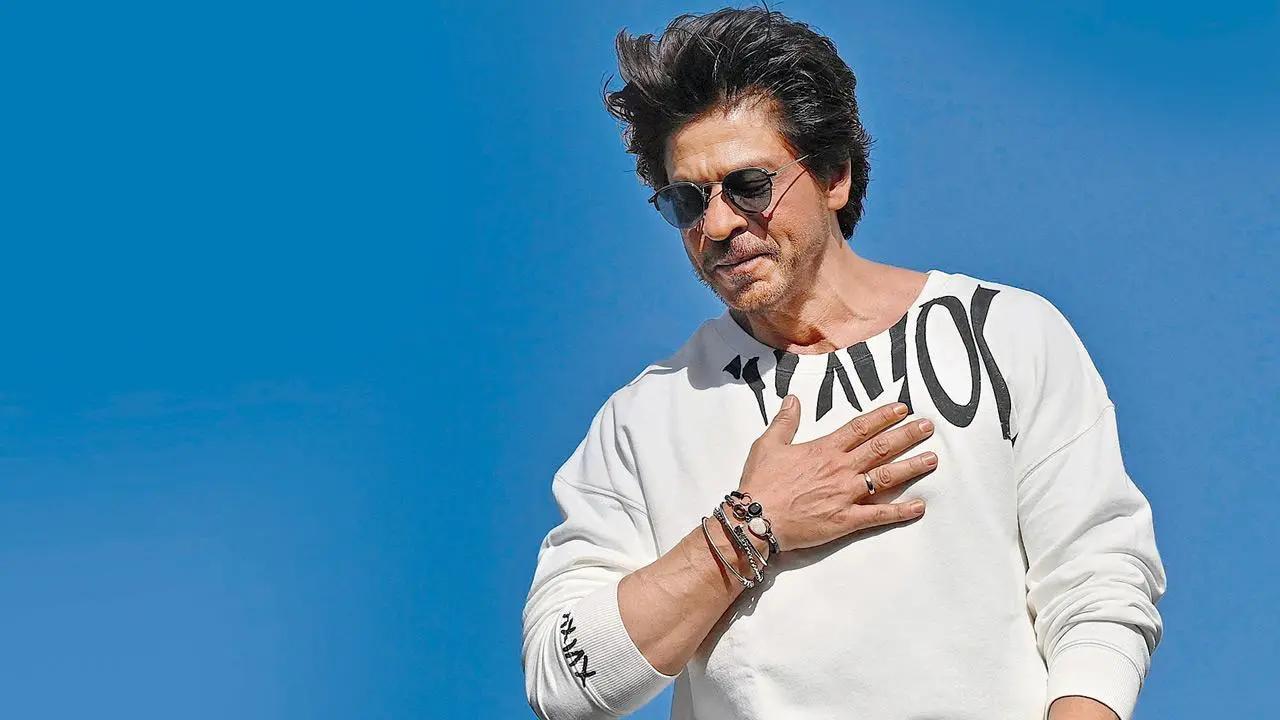
In a high-stakes matchup within the UEFA Nations League, controversy erupted as Italy faced off against Israel at the Bozsik Arena in Budapest, Hungary, on Monday. Italy emerged victorious with a 2-1 win, securing their lead in the four-team group. However, the match was marked by a significant off-field incident that overshadowed the on-field action—Italy fans turning their backs to Israel’s national anthem.
A group of approximately 50 Italy supporters, dressed entirely in black, unmistakably signaling their affiliations as “ultras,” initiated the protest. As the anthem of Israel played across the neutral grounds of Hungary, these fans turned their backs, an act that quickly drew attention and sparked debate.
Adding fuel to this contentious gesture, the protesting fans held up an Italian flag emblazoned with the word “Liberta” (meaning “freedom” in Italian). Other banners waved by the supporters bore black slashes, a symbol speculated to carry a variety of connotations, potentially even political ones.
The choice of Budapest as the venue for this match itself was a product of ongoing conflicts. Israel has opted to play its “home” games in Hungary owing to the ongoing hostilities with Hamas, which have made it untenable to host international sporting events in their homeland safely.
While the match unfolded on neutral territory, the ramifications of the political climate back in Israel couldn’t be entirely divorced from the sporting spectacle. The Italy team, nonetheless, made headway in their Nations League campaign, largely thanks to their competent play on the field.
This incident has sparked a flurry of reactions from various stakeholders. Some decry the fans’ actions as inappropriate, arguing that sports should remain apolitical and serve as a unifying force rather than a divisive one. Others see the protest as a rightful exercise of free speech, a display meant to spotlight broader issues of liberty and justice.
.
This is not the first occurrence where football fanatics have used the platform of a major match to stage protests. Across Europe, football has long been a canvas for political and social expressions, from anti-racism campaigns to calls for political autonomy. What remains unchanged is the emotional intensity that surrounds these gestures, pointing to the deep-seated beliefs held by those in the stands.
In response to the incident, representatives from UEFA and relevant officials are expected to review the situations to ensure it adheres to the sporting body’s regulations. Whether or not punitive measures will be taken against the violating segment of the Italy fan base remains to be seen, but the spotlight on such expressions of dissent will undoubtedly stir broader conversations about the role of politics and protest in sport.
For many, the actions of these 50 fans represented a stark reminder of the broader issues at play. Conferences and panels vie to explore and address these increasingly intertwined fields of politics and sports.
Despite the tension off the field, Italy’s footballers were able to focus on the task at hand. Strong performances from key players resulted in the crucial win, uplifting Italian fans globally, even as a sectional part of their supporter base courted controversy.
Italy’s leading position in the group stages of the Nations League is a testament to their strategic gameplay and disciplined approach. However, this recent incident has cast a shadow, emphasizing the broader narrative that sports, politics, and societal matters are more interlinked than ever.
In conclusion, as Italy continues to strive for victory in the UEFA Nations League, the juxtaposition of sportsmanship and protest offers a vivid demonstration that football is not just a game. It serves as a potent prism through which societies can voice their collective grievances and aspirations. What remains to be watched is how governing bodies and the community at large will respond to such acts of dissent and their place within the world of sports.










